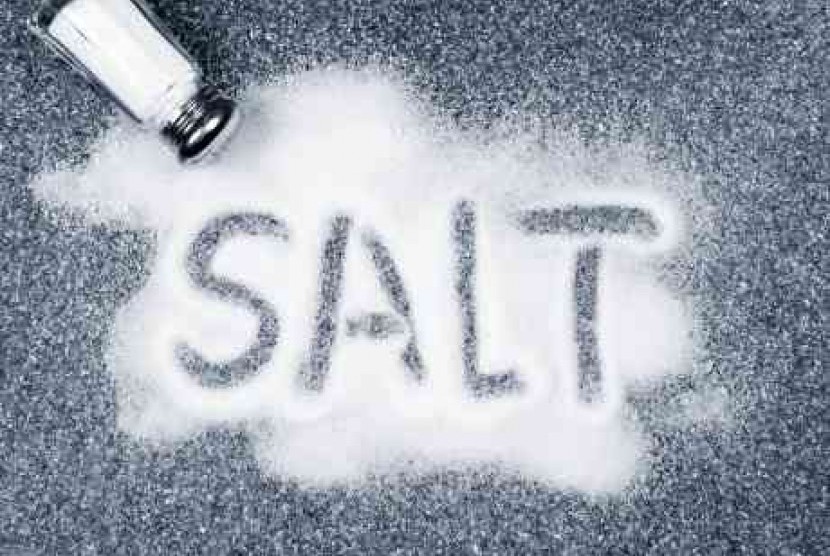REPUBLIKA.CO.ID, NEW YORK - Eating less than one teaspoon of salt per day remains the ideal goal, according to a new study. Most research has linked high sodium consumption with greater risks of stroke and cardiovascular disease.
Evidence has shown that men and women age 51 or older, African Americans or those with hypertension, diabetes or chronic kidney disease face especially high risks. But when several studies produced findings suggesting diets could be too low in sodium, the US Institute of Medicine (IOM) asked experts to review studies on the health effects of sodium.
The data "weren't entirely convincing," said Nancy Cook, lead author of the current study published in the journal Circulation, and a member of that expert panel. Cook is a statistician at the Brigham and Women's Hospital and Harvard Medical School in Boston.
"We found there were no adverse effects with lower amounts of sodium and benefits continued to be seen at the lowest sodium levels," she said. The findings match up with most evidence available.
The average American still eats about 3,400 mg of salt per day - about one-and-a-half teaspoons - despite public health awareness efforts. In a study published last year, Cook along with another group of researchers projected that up to 500,000 deaths could be avoided in the US each year if more Americans reduced salt in their diets.
Main food culprits containing high sodium included bread, cured meat, pizza, poultry, soup, cheese and snacks, wrote Lyn Steffen of the University of Minnesota School of Public Health in Minneapolis in an editorial that accompanied the new study.


